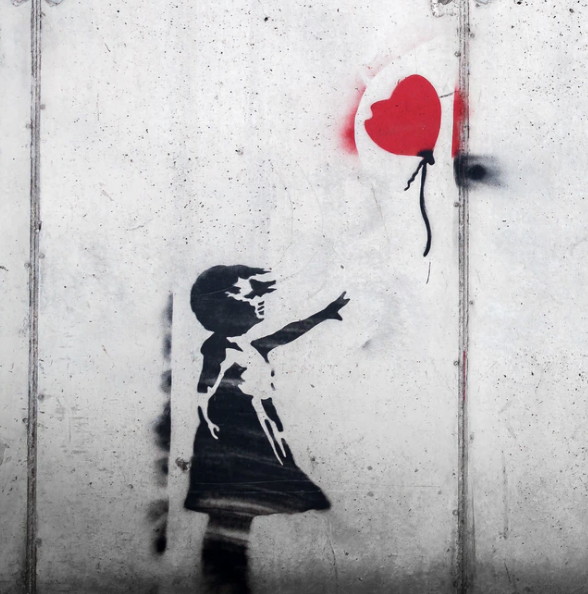Life
lifestyle design, regrets, swimming
The other day I was walking around the neighborhood and suddenly realized I had a big regret: for nearly two years, I had the chance to learn how to swim, and I kept putting it off. Now, my chance was gone, and I wished I could get it back.
Technically, I know how to swim. If you threw me in the water, I wouldn’t drown. I just mean that I’m a terrible lap swimmer. To recover from running injuries, I’ve sometimes added a weekly swim to my workout routine, but I’ve never enjoyed it. I’ve always known that a big part of my lack of enthusiasm comes from lack of knowledge, but I’ve never done anything about it.
Every academic quarter for the past two years, I thought about signing up for an intermediate swimming class, where I’d finally learn to breath better and correct a lot of my improvised (read: flawed) technique. But every quarter, something always came up.
A couple of times there was a schedule conflict. Once, the class filled up too quickly. Sometimes I didn’t realize when the deadline was, and by the time I thought of it again, it was too late. All good reasons (well, except for forgetting about it), but I believe that we make time for what’s important to us.
If it was important to me to become a better swimmer, I could have found a way to take the class.
But now, it’s too late. I’ve finished my graduate program and no longer have access to the nice university classes and the awesome student athletic center. I do pushups at home and run outside at least four times a week, so I’m keeping fit… but there’s no other Olympic-sized pool and amazing gym nearby.
It’s kind of sad. One of my most important values is to live life with no regrets, and while walking around my neighborhood the other day, I realized I had let one slip past me. I had let myself down; I saw it clearly this week, but I missed it when it counted.
***
I’m making a 5-minute internet movie that I’ll share with you when it’s done, but for now, the theme has to do with Time and Money. Another thing I believe is that in most cases, with most regrets we have, there is still enough time to do something about it.
We can’t change the past, and we might not be able to do exactly what we should have done a long time ago – I probably can’t take the University of Washington class, since I’m not a student anymore – but there’s often an alternative.
Sitting down on the curb outside my apartment, I composed this list of alternatives for my own situation:
- There are two community pools within three miles of my apartment. They might not be awesome, but since I’m basically learning how to really swim for the first time, it shouldn’t matter that much.
- There are YMCA classes I can take. Again, they’re probably not the same style as the university classes – but I’m a low-intermediate swimmer, not the next Michael Phelps.
- Tim Ferris recently wrote about the Total Immersion method. His swimming story sounds identical to mine – he tried over and over on his own, but never got into it. This DVD helped him, so maybe I’ll check it out.
- In his running/writing memoir, Haruki Murakami mentioned that he hired a private swim coach to help him improve the skill. A “private swim coach” sounds expensive at first glance, but I just need a couple of 30-minute lessons. That shouldn’t be too much, and if I’ve been putting this off for two years, it’s probably a good investment.
I’m not 100% sure which of these alternatives I’ll go with… but I will do something about my regret. I know that if I don’t at least try, I’ll always feel another twinge of regret whenever I hear someone talk about swimming.
If there’s anything I don’t want, it’s a life of regrets. That’s why I started writing on this site, that’s why I travel, that’s why I do anything I can to avoid working a real job, and on and on. It’s not to say that anyone who makes different choices will regret them. But for me, I would not be content if I didn’t do these things.
Living life to the fullest while helping others is what it’s all about.
Some might view my failure to take swimming lessons as a small regret compared to what they consider to be more major life failures. In a way, it’s true – if my biggest regret right now is not learning to swim, I suppose I'm doing OK.
But on the other hand, small is not the same thing as inconsequential. When it comes to regrets, that old saying about how if you don’t deal with the small things, you’ll end up making bigger mistakes was in my mind as I thought about this. I’m not sure if it's completely true or not, but I don’t want to risk it.
Life is too short to miss out on learning and the living. We’ve got art to create, businesses to grow, worlds to conquer. And as for me, I’ve got some swimming lessons to go to.
My question for you is:
Do you want to live with no regrets? How’s that going?
###
RSS Feed | Email Updates | A Brief Guide To World Domination |
The Unconventional Guide to Discount Airfare
Did you enjoy this article? Please pass it on to others at your favorite social networking site, or share your own thoughts in the comments section.
Read More

